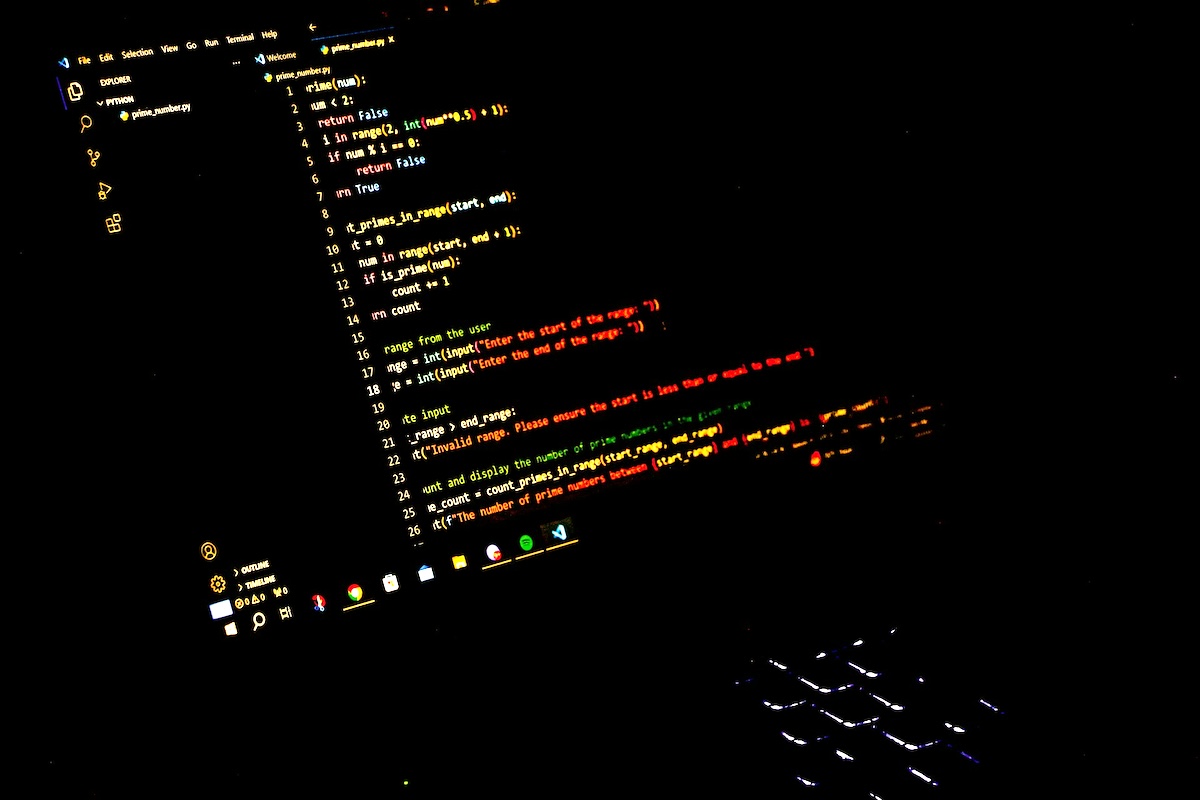Skift Take
Pricing transparency is an issue of contention in the events industry, and a New York ticket fee law will require that all additional charges be disclosed upfront.
New York’s new transparent ticketing legislation aims to make purchases less open to abusive business practices. Among other things, New York is making it illegal for sellers to add last-minute charges to the buying process arbitrarily. It’s a concept called “drip pricing,” where myriad administrative or service charges are added at the checkout. Now, such charges must be displayed upfront in the process so the actual price doesn’t change throughout the transaction.
Among the legislated changes are an end to delivery fees for electronic tickets and tickets printed at home. And resellers have to disclose the ticket’s original price, which targets exorbitant prices placed on tickets that were originally free.
The legislation applies to all live performances and events in the state, whether a professional sports game, cultural performance, concert, or other type of entertainment.
The legislation, which builds on a previous ticketing law, was signed by Governor Kathy Hochul on June 30. It goes into effect 60 days later, on August 29, 2022.
The main driver of the legislation is State Senator James Skoufis. His communications director Emma Fuentes explains, “The reforms cover ticket-buying for events that take place in New York State. Fee transparency information and ‘all-in’ pricing are specifically targeted for the ticket-buying process, not the final in-hand ticket. ‘Delivery charges’ applied to digital tickets are now outlawed. While there are no percentage caps on additional fees charged for a given ticket, knowledge is power for the consumer, and this legislation gives buyers the information they need to be properly informed.”
While major ticket sellers hired lobbyists to fight this legislation, Fuentes says the new law isn’t anti-profit or against profit maximization. Instead, it enhances freedom of choice. “If a consumer sees the exorbitant fees associated with a specific ticket but still chooses to buy, that’s their prerogative.”
The impetus for this legislation was how some sellers reacted to the start of the pandemic. “Our office heard from numerous constituents at the beginning of the pandemic about their struggles securing refunds from major ticket retailers for COVID cancellations. These concerns, combined with the outdated and anti-consumer live entertainment ticketing laws on the books in New York, prompted Senator Skoufis to initiate a Senate investigation into ticketing practices. This investigation resulted in a tomb of suggested pro-consumer reforms, many of which ended up in the final legislation signed into law this summer.”
While this law is unique in the United States, similar legislation was enacted in 2018 by the Province of Ontario, Canada. The province’s Ticket Sales Act is “to promote fairness, transparency and consumer protection in Ontario’s ticket industry by preventing ticket fraud and providing consumers with more information when purchasing tickets.” In line with the lifting of pandemic gathering restrictions, British Columbia enacted similar ticketing law on July 1, 2022.
Fuentes adds, “Out-of-state buyers will also be able to enjoy the guardrails this legislation sets out. If a ticket to an event happening in New York is sold, these consumer protections will be required. The federal government has held hearings about some of these same issues, but New York — as the cultural heart of the nation — is really leading the way.”
For an in-depth look at event pricing strategy, click here to read a Skift analysis.





